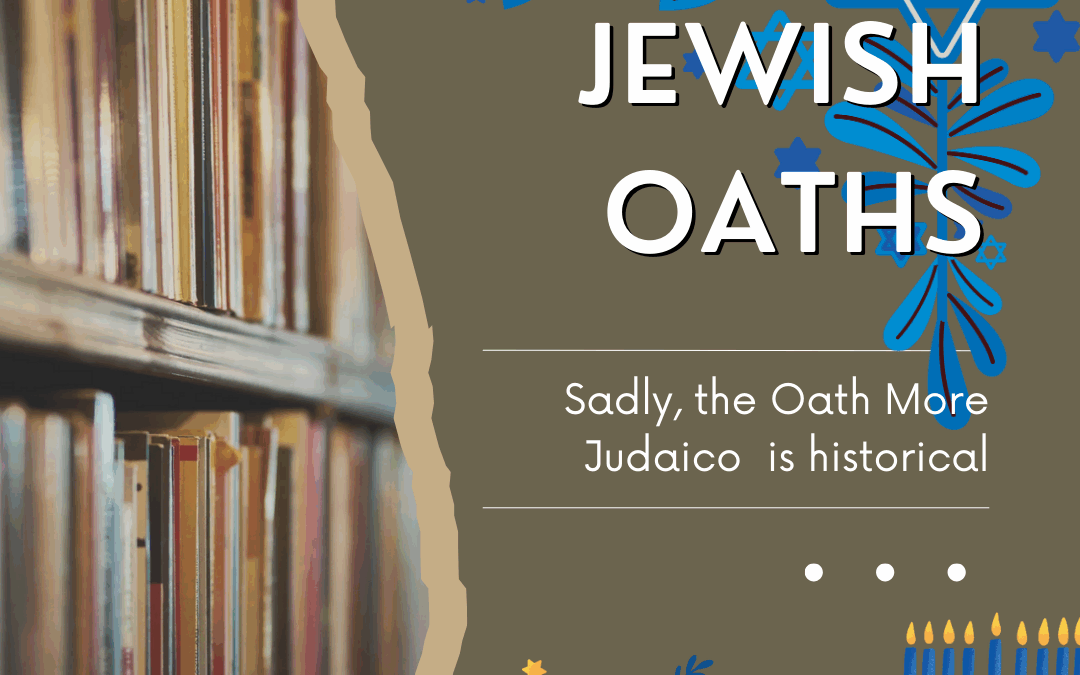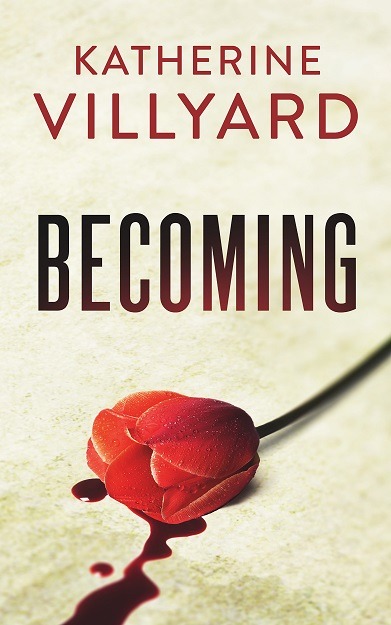There’s a thing that authors do when they’ve done a lot of research that I’ve heard referred to as “I paid my dues and now it’s your turn to suffer.” 😉 You’ll (maybe) be pleased to hear that I toned down/removed the passage about “Jewish Oaths” from my manuscript before sending it to the copy editor:
I needed to leave, to hide. If I were arrested, well. It was common to humiliate Jews in court, to make us swear oaths standing on a sow’s skin while calling down biblical curses upon ourselves and blaming our people for the murder of Jesus. Moses Mendelssohn convinced some states to moderate these oaths, but Prussia—which contained both Berlin and Wreschen—kept them intact. We’d only been citizens since 1821. Prior to that, Prussian law had forbidden us to live in cities and we would have to pay massive ”protection” taxes to get around that.
(TBH, I removed it because my Jewish sensitivity reader was starting to find the sheer mass of oppression triggering.)
The Jewish Oath is, sadly, historical. The Oath More Judaico dates back to Justinian. At least by Abraham’s time they’d dispensed with the thorns dragged “between the loins”?
Another “fun” law was that Jews were only allowed to testify in court while standing on a three legged stool, forced to pay a fine if they fell off, and lost their case if they fell off four times.
As to the taxes:
Following the expulsion in 1571, virtually no Jews inhabited Berlin for a century. This changed in 1663, when the elector of Brandenburg allowed Israel Aaron to enter Berlin as a court Jew. Soon afterwards, in 1671, 50 prominent Jewish Viennese families were allowed into the city as Schutzjuden, protected Jews who paid for a residence permit allowing them to engage in certain businesses and worship in private homes. The Jewish families were also given a cemetery, a mikveh (ritual bath), and a hospital. In 1714, the first synagogue, known later as the Old Synagogue, was established at Heidereutergasse in Mitte.
This community grew, despite the restrictions on residence and family size, and, by the beginning of the 18th century, there were approximately 1,000 residents of the Jewish ghetto. The community paid a great deal of its income in taxes: a protection tax, a residence tax, a head tax and a payment required to work in certain professions were all used at one point or another to extract money from the community.
Nonetheless, the Jews excelled as merchants, mainly selling precious metals and stones, and as bankers. Soon, they were among the richest people in Berlin, and by the halfway point of the 18th century, the Jewish population totaled 2,000 people.
—Jewish Community of Berlin, Germany
In short: yeah, if Abraham went to court for the situation with his landlady, things would not have gone well for him. It was probably better for the Jews of Berlin that he disappeared.



